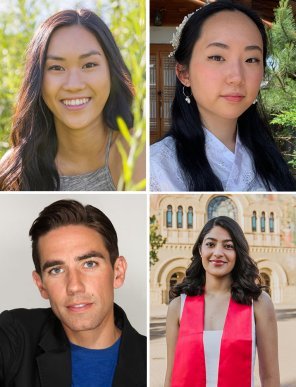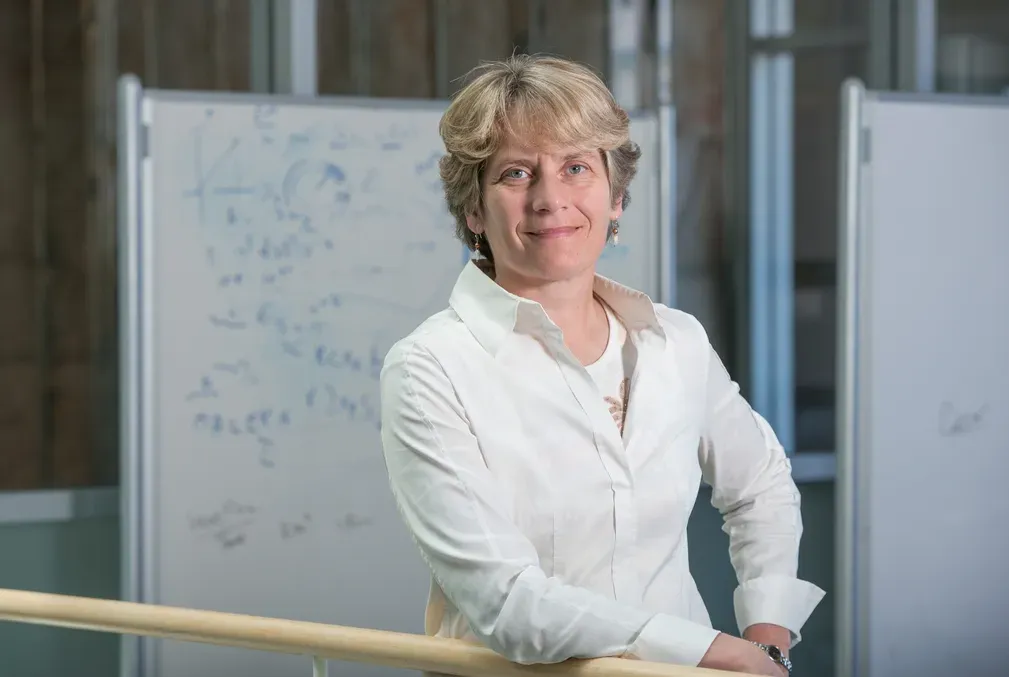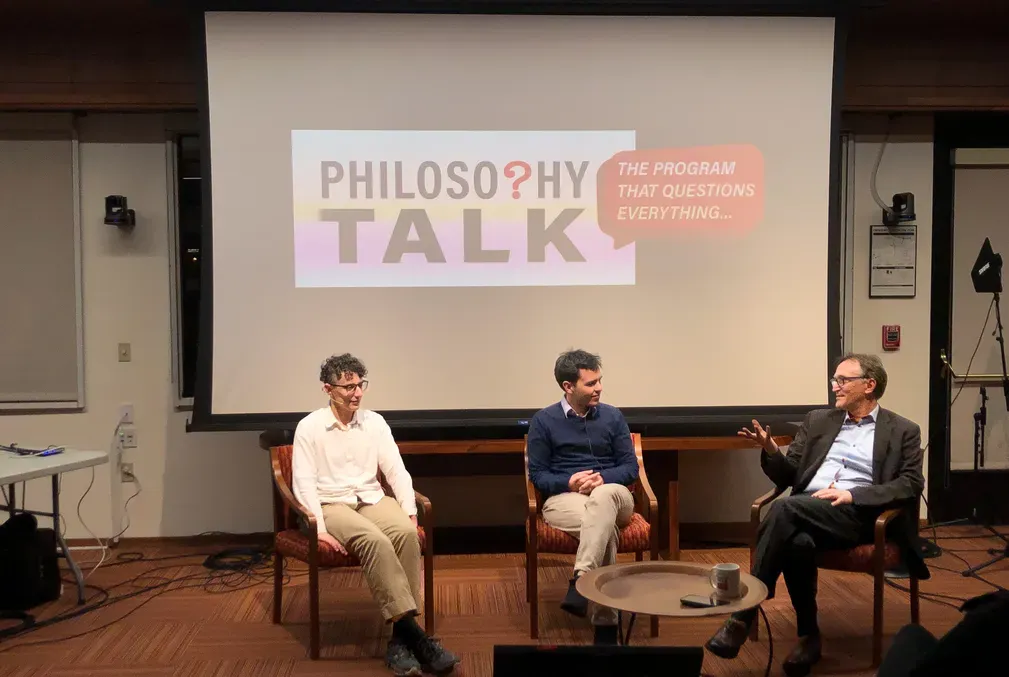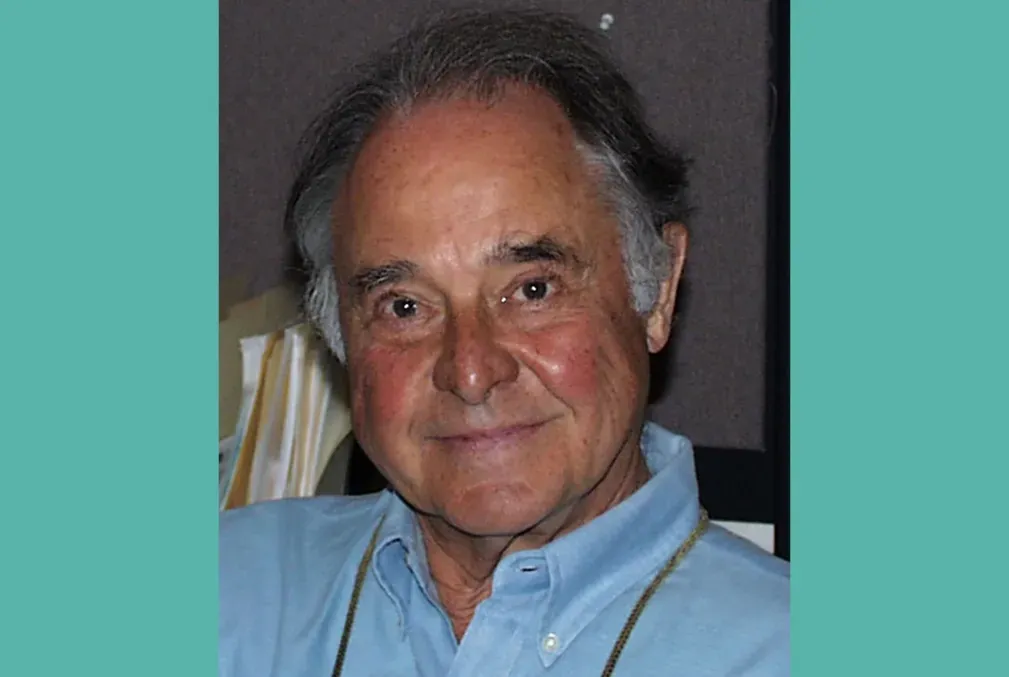Sterling Award winners honor their mentors
2020 and 2021 winners of the highest academic honor given by the School of Humanities and Sciences acknowledge the secondary-school teachers and Stanford faculty who shaped their journeys.
The J. E. Wallace Sterling Award is given to the top 25 graduating seniors in the School of Humanities and Sciences in recognition of their efforts and academic achievements throughout their undergraduate education. Winners have the opportunity to acknowledge two individuals who helped them along their academic journeys—an influential secondary-school teacher and a Stanford mentor.
In non-pandemic times, the secondary-school teacher honorees are brought to campus for a special ceremony. This year, the student winners from 2020 and 2021 will receive a digital memory book.
The four winners below, two from each year, provide a snapshot of the unique stories and backgrounds of each awardee.
In 1997, after graduating from LaGuardia High School of Performing Arts in New York, Keith Nobbs, ’20, began working professionally as an actor. Within a year, he fulfilled his dream to perform on Broadway. At age 36, he began a new chapter—calling his agent to say he was moving across the country to enroll at Stanford.
“My actor friends were as shocked by my academic interest as my Stanford friends were by the fact that I used to be an actor,” he said. Nobbs, an anthropology major, honored his secondary school acting teacher Harry Shifman. “He taught me that the world is both a classroom and a stage,” Nobbs said. At Stanford, Nobbs found his academic home and mentor after enrolling in “Sense of Place,” a course taught by Paulla Ebron, associate professor of anthropology.
This fall, Sterling Award winner Madeline Kim, ’20, will begin a PhD program in English at the University of California at Berkeley. She credits her secondary-school writing teacher Grace Hamilton of Pasadena’s Polytechnic School with helping her get there.
“My foundations in writing, in developing a distinct style, began with her mentorship,” Kim said.
At Stanford, Kim worked on her honor’s thesis on one of the foundational texts of Asian American literature with mentor Roanne Kantor, assistant professor of English.
Sierra Ha, ’21, came to Stanford as a first-generation college student. Along with the support of her parents and sister, Ha credits her secondary school harp instructor Alexandra Perdew-Bhatt with playing an integral role in her life. “She has always encouraged me to strive for goals beyond what I imagined was in reach,” Ha said.
At Stanford, Ha majored in biology and minored in music. One of her favorite classes at Stanford was a class on auditory and music neuroscience. “While the fields of music and biology seem quite different, there are actually many similarities, and I frequently learn something from one field that translates and is applicable to the other.”
Ayesha Pasha, ’21, moved with her family from Washington, D.C. to Tokyo, Japan, and then to Aberdeen, Scotland. She chose to return to the U.S. for college.
The secondary teacher Pasha honored is Gavin Cunningham, her history teacher at St. Margaret's School for Girls. “Ayesha is one of those students that you wish for as a teacher—academically brilliant, mature, focused, dedicated, and willing to learn,” Cunningham wrote.
At Stanford, history major Pasha found a mentor in Kathryn Olivarius, assistant professor of history. “Professor Olivarius encouraged me to pursue my senior honors thesis, supported and guided me through the research process as my advisor, and has had an immeasurable impact on my development as a historian,” Pasha said.




